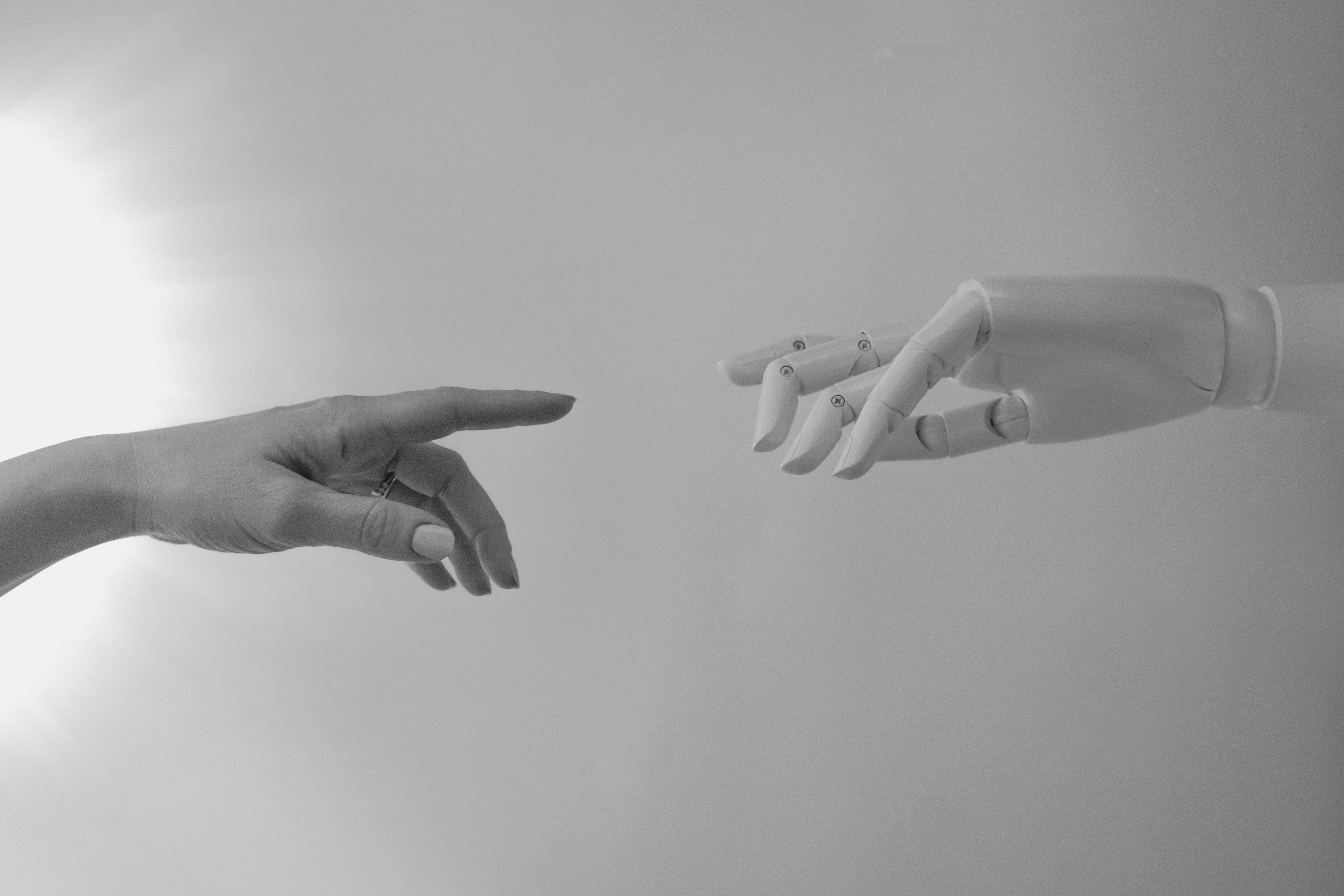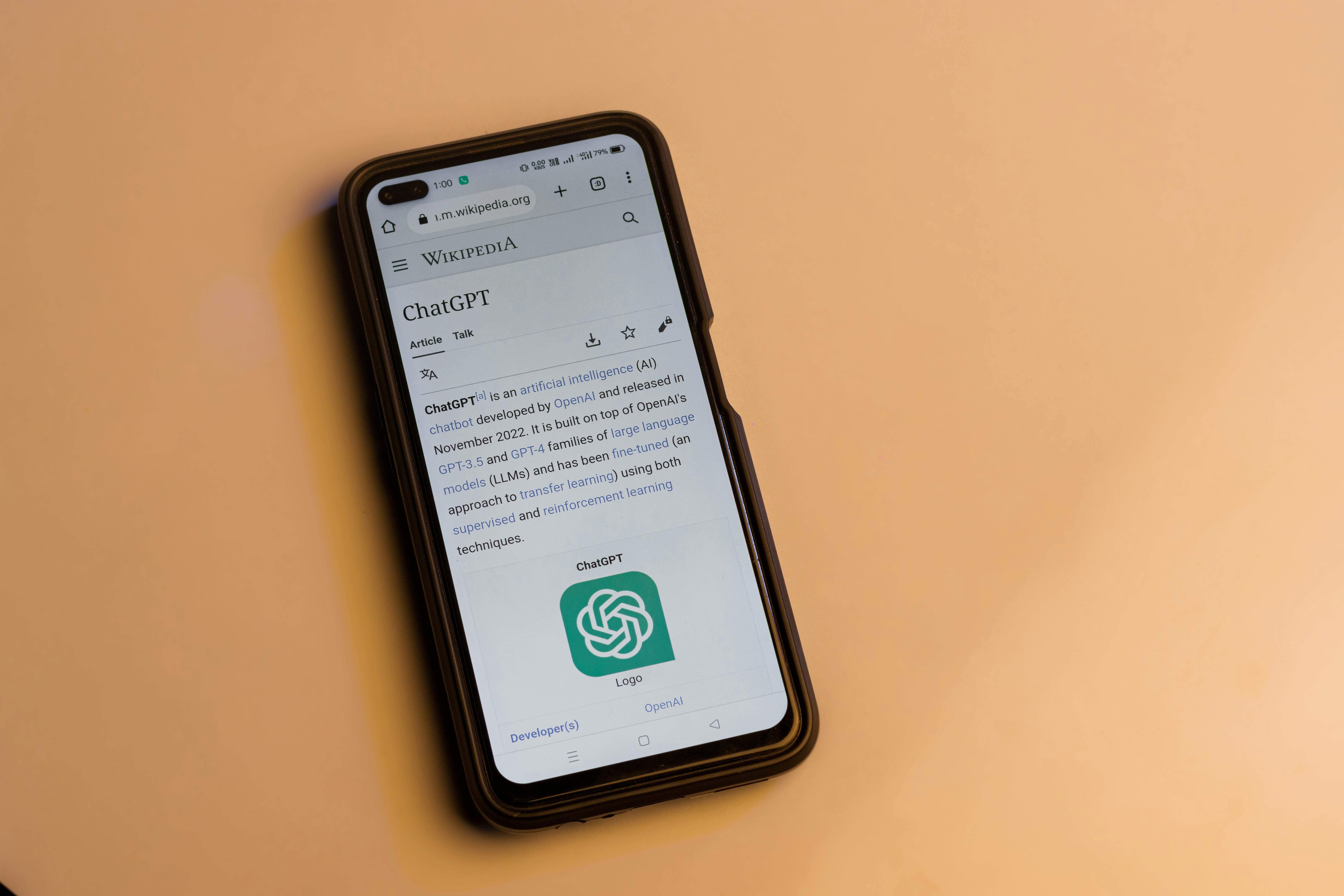AI Writers vs. Humans: Who Creates Better Content in 2025?

Imagine a world where robots write news stories and build ads and even write little poems. This world is now real. By 2025 AI writing tools have grown into smart helpers. They work with us and they haven't replaced people yet. There is talk about who makes better work. It's not a clear cut issue. AI can make content very fast. It's good at speed. People bring warm feelings and true ideas. They add art and heart to the work. In 2025 we see how machines and people can work together. They both shine in their own way and help us create more. They work as a team to make cool things.
Quality Comparison of AI and Human Content

In 2025 AI-made content is very neat and well done. It has perfect grammar and is full of facts. Its tone stays the same. This makes it a good choice for heavy data reports. It works well for SEO friendly blog posts. For example AI can review global sales numbers. It quickly produces a clear market report. But when dealing with feelings and culture people do better. A human writer can write a sincere brand story. They can also create a clever social media caption that feels real. AI often uses common phrases that lack originality. While AI work is fast and helpful for numbers it may miss out on the human touch that makes stories memorable. Many companies see the value in both types of writing. AI can save time and make tasks easier but creative work still needs human skill. This mix of speedy work and deep emotion helps businesses reach their customers better.
One big difference is creativity. AI tools such as ChatGPT-5 can offer ideas for novel plots. They often use old ideas and repeat common themes. Human writers bring new stories to life. They also create surprising comparisons. Their work feels fresh and lively. Many people appreciate the unique style that only a human can bring. As author Margaret Atwood once said:
"AI can copy creativity but it can't match the messy lovely chaos of human imagination."
This quote shows that no machine can truly replace a person's creative heart. Writers use their feelings and experiences to add depth to their words. They know the power of a simple phrase when it touches a reader. This blend of passion and art makes every text one of a kind.
Strengths and Weaknesses of AI and Human Writers

AI's Superpowers:
- Speed and Scale: AI can write 10000 words in the time it takes a person to make a cup of coffee. It works very fast. This speed makes it useful for busy tasks.
- Data Mastery: AI is good at mixing complex data into small, easy bits. For example it can create financial summaries. It can also produce sports recaps. This ability lets it handle large amounts of data quickly.
- 24/7 Availability: AI never needs a break. It works all day and night. It never gets tired or needs a rest.
AI's Limitations:
- It has trouble with sarcasm. It does not pick up on jokes or local ways of speaking.
- It sometimes makes up facts. This happens when its training data is old. It can trick you with wrong details.
Human Advantages:
- Emotional Intelligence: A person can write a grief support guide with real care. They know how to show feelings in writing. This makes their work feel honest.
- Critical Thinking: People are better at discussing tough issues. They build strong ideas and can change their minds when needed. Their thinking is based on experience and understanding.
Human Challenges:
- People work slower with repeated tasks. They get tired after a while.
- The work may lose quality when time is short. They can struggle to keep a steady level of work.
This explanation shows that both AI and humans have their own strengths and weaknesses. AI works quickly and does not stop while people can offer genuine care and smart ideas. Each one fits better in different jobs. When the work is clear and fast, AI is a great helper. When feelings or deep thought are needed, humans step up and show their true skills. Both ways add value to our work and life.
Where AI and Humans Excel

Kinds of Content Where AI Excels
AI does well in this work.
- Data-Based Work: It makes earnings reports every quarter. It creates weather predictions or product write-ups made for search engines.
- Projects in Many Languages: It changes technical guides into 20 different languages overnight.
- First Drafts: It builds blog outlines or email blueprints that people can change later.
Writing Jobs Where People Rule
People do best in this area.
- Telling Stories: It includes writing novels. It also covers creating brand stories or ad ideas that tug at your feelings.
- News Digging: It means finding scandals with deep interviews. It builds solid source links.
- Opinion Writing: It involves advice articles that mix know-how with a personal touch.
AI and human writers show different strong points. AI works fast and follows clear rules. People add a spark of creativity and warmth. They both have roles that make writing better overall. AI is great for facts and speed. People are good for adding feelings and style. Mixing both ideas gives you better results. This way you can reach readers with clear details and a friendly tone. Use each one where they shine best.
AI Writing Improvements Since 2023

Today's AI tools are far better than the ones from 2023. They now do many things:
- They can write long texts such as 5000-word whitepapers. They keep the writing smooth.
- They copy a brand's style by studying a company's past work. This helps them match the tone.
- They add images. They might suggest simple charts or short videos to go with the words.
- They check facts fast by using current data from online sources.
They still need help from people. For example AI might write a medical article. A doctor must check its facts and make sure it's right. Even though these tools are very advanced they are not perfect. The new tools can do a lot on their own but they cause fewer mistakes when a real person reviews them. They work quickly and people still guide them. These updates show how far AI has come and how much more it can do in many areas. It's a strong support tool in many fields and is very useful for lots of tasks. AI has become a handy helper for daily work.
Ethical Concerns in AI-Generated Content

The increase in AI writing brings up many tough ethical issues. It asks if news articles made by AI should say who wrote them. We need to know where the content comes from and how it was created. This idea is now common in many news talks.
- Transparency: Should news reports made by AI show their source? Many news outlets now put up "AI-assisted" notices. They feel it's fair to let readers know how the story was written. This builds trust for everyone involved.
- Bias: If AI learns from unfair data it can keep harmful ideas alive. Firms like OpenAI now use several review groups to check AI work. They work hard to avoid bias in the material produced. This helps make sure the stories stay balanced and true.
- Job Displacement: AI does many routine tasks and might replace some jobs. It's also brought new work like AI editors. These roles help fix and polish the text that machines make. This change is tricky for workers used to traditional roles.
How AI and Humans Work Together

Innovative teams mix both human touch and AI. For example:
- A travel blogger uses AI to create short destination guides and then adds her own stories about the trip. She shows her true feelings about every place she visits.
- Marketing teams use AI to run 2 tests on email subject lines. The humans then write the main message with care and clarity.
This mixed method helps teams work fast. It doesn't lose the real style or feel. The model lets everyone save time while keeping their style clear. It means the work is smart and true to life. Teams can solve problems quicker. They also show that a real person created the work. Many groups have seen that their work is more fun and feels honest when both methods work side by side. It's a practice that helps growth and saves money in the long term. By using a mix of man and machine, teams get the best of both worlds. Try this blend the next time you plan a project. This approach makes work efficient and preserves the warmth of human creativity. Embracing this method gives everyone a chance to shine in their unique way.
AI's Impact on Writing Jobs

AI changed writing jobs but it didn't wipe them out. It has kept much of the work while changing how things are done.
- Lost Roles: Jobs usually given to beginners such as writing product descriptions have gone down. Many writers used to start their careers in these jobs. Now these roles are not as available. This change has affected people who worked in these areas for a long time.
- New Opportunities: There is now a growing need for AI trainers and for people who check content for fairness and truth. Hybrid writers are in demand who can work well with both human input and computer help. Many workers are taught how to work with these systems. This development has opened fresh paths for career growth and made the field richer.
- Upskilling: Writers are learning prompt engineering to work smoothly with AI. They are told, "Talk like a friendly expert not a robot". This new skill helps them guide AI to do better work. They are building fresh skills to face modern challenges and keep their careers strong.
Spotting AI vs. Human Content in 2025

Here's how to tell them apart:
- Look for a Personal Touch: People show their own life stories in what they write and this adds a unique style. AI uses common examples and doesn't give a sense of its past. A person's words feel warm and real.
- Test Cultural Knowledge: Ask about a small niche meme that might not be widely known. People will understand because it's part of their background. AI may find it hard to catch the true meaning. It might seem off or not grasp the cultural hint.
- Use Simple Tools to Spot AI: Tools like Originality.ai check the text for signs it came from AI. These tools give hints but they aren't perfect. They can help you see differences when you look closely.
Remember to use all these tips together. They help you decide if the text comes from a real person or a computer. It takes a few checks to be sure. Always trust your gut if something feels odd. Using these steps often makes it easier to notice subtle clues that show a personal touch versus generic writing.
Conclusion
So, who makes better content in 2025? The answer isn't a choice between one or the other. It's both. AI works fast. It processes data and handles big volumes of information. Humans add art and care. They bring understanding and smart thought. The future of making content will not be a battle. It will be working together. It matters if you're a marketer, writer or reporter. The trick is to use AI's power and keep what makes us human. Our ability to connect with others is very strong. We can dream new ideas. We can encourage teamwork. Today more than ever you should combine both talents and skills to reach fresh goals.
Are you ready to move ahead into tomorrow? It's time to try out AI tools and see what they can do for your work. You can learn new ways to work and solve problems. Start small and add AI steps gradually. Each time you try a new tool, you gain more skill. Don't leave behind your own thoughts or feelings. Your voice matters a lot. It shapes ideas and leads to new paths that no machine can make. Embrace AI now. It might make your job easier. Keep your heart and mind active and true. Stay curious, keep learning and never lose your own spark.